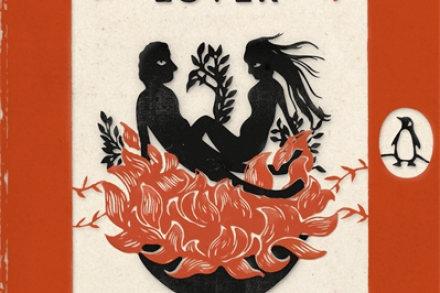PMQs live blog | 10 November 2010
VERDICT: Earlier today, I wrote that the coalition “has few better defenders of its cause than Nick Clegg”. You wouldn’t have guessed it from this PMQs performance. Harman had him on the back foot over tuition fees from the off, and he struggled to give concise, clear answers in return. A pity, because Clegg is right when he says that the coalition has a better policy than Labour’s messy graduate tax – yet there was too much waffle, and too little directness, from him today. The deputy Prime Minister was better when he blazed with anger over Labour’s hypocrisy. But, on the whole, this was a bout to cheer the










